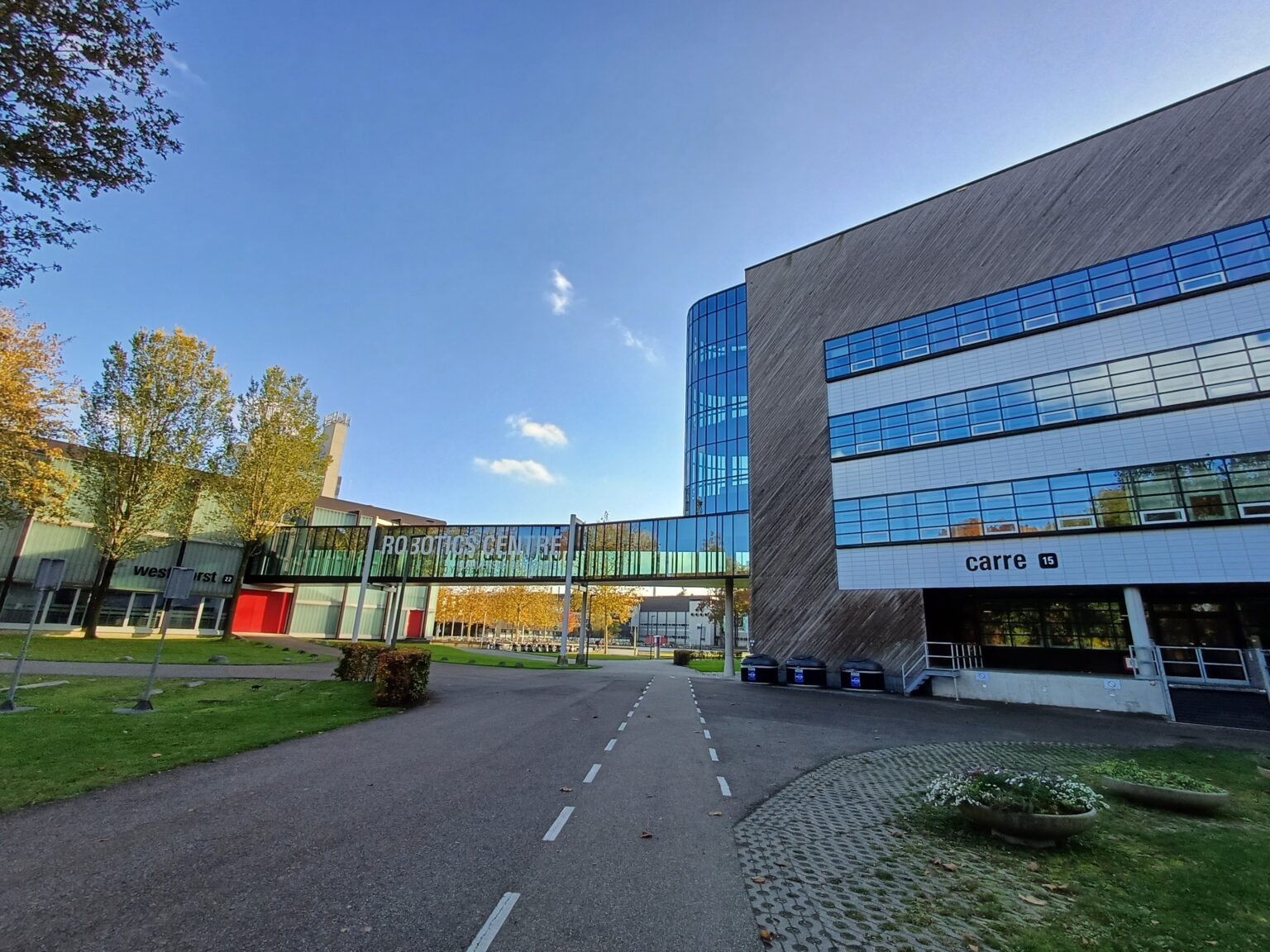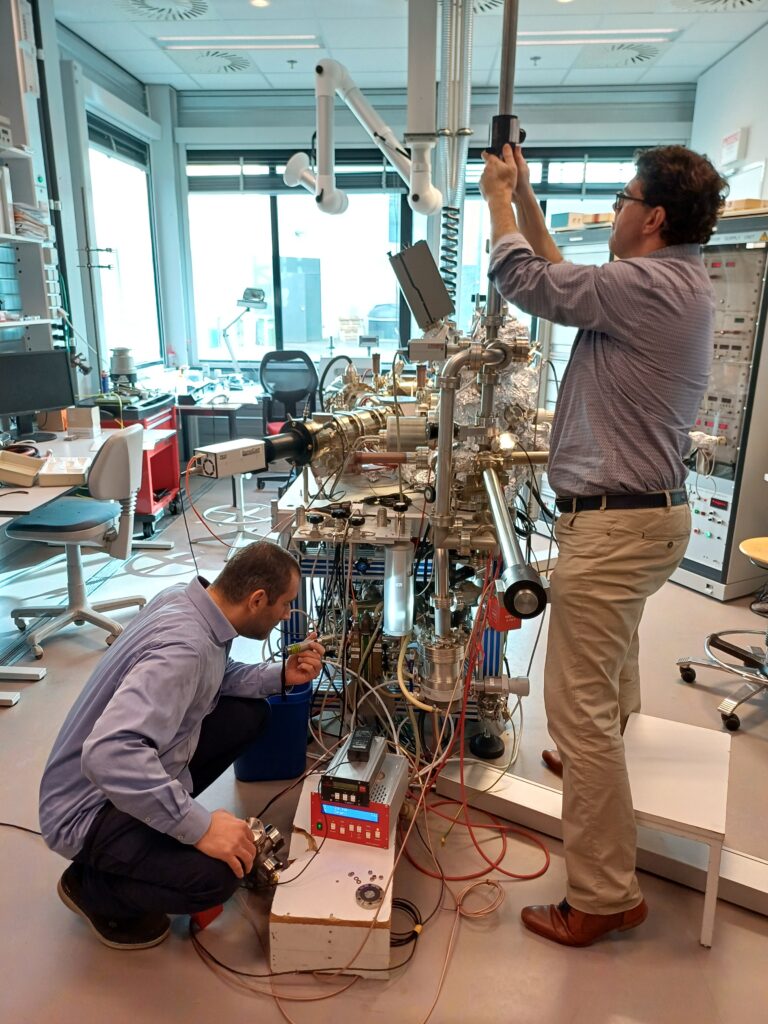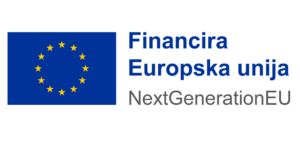Studijski boravak Sherifa Kamala u Enschedeu

Sherif Kamal, mag. phys. et matech., zaposlen je kao asistent na Institutu za fiziku u Zagrebu pod mentorstvom dr. sc. Marina Petrovića. Član je Grupe za istraživanje površina, međupovršina i 2D materijala (SIMAT), a njegov eksperimentalni rad dominantno je vezan uz znanstvene tematike definirane Znanstvenim centrom izvrsnosti za napredne materijale i senzore (CEMS) i Uspostavnim istraživačkim projektom „2D materijali bazirani na boru (BoBaMat)“. U okviru programa MOBDOK Sherif je proveo 2 mjeseca na Sveučilištu Twente, gdje mu je Mentor-domaćin bio Dr. Pantelis Bampoulis.
(tekst se nastavlja na engleskom jeziku)
Why did you choose University of Twente as the Host Institution and Dr Bampoulis as the Host Mentor? Have you or your group members collaborated with your Host Mentor or his team members in the past?
The host institution is one of the world leaders in the field of nanotechnology. During the two-month research stay at the Faculty of Science and Technology, University of Twente in Enschede, in the Physics of interfaces and nanomaterials (PIN) research group, led by Prof. Dr Harold Zandvliet, I was supervised by Dr Pantelis Bampoulis, a permanent research scientist in the PIN group. My PhD supervisor, Dr Marin Petrović, from SiMAT group, has collaborated with Dr Bampoulis before.
What are the main differences between your Home institution and the Host Institution in terms of infrastructure, working conditions, group composition etc.?
Both institutions are working on similar problems, although with different means and equipment. Much of the research being done in the Netherlands today is related to industry, which gives orientation and demands to research labs as well.
Have your initial expectations been met? Was the duration of the stay sufficient to meet all the objectives set out in the beginning? How will this study visit affect your doctoral thesis?
The objectives set out in the beginning were met during the stay at the lab; ideally, I would have prolonged the stay for one more month, as the last week of the stay showed new findings. Parts of the research have been included in my doctoral thesis and we are currently preparing joint publications.
Will you continue your collaboration with the Host Institution and/or Host mentor? Are you planning joint publications, project proposals, knowledge transfer, additional visits etc.?
We are discussing further collaboration as well as future stay at the university in 2025.
What are your personal impressions of Twente? How easy/difficult was it for you to find accommodation? Was the amount of the scholarship sufficient to cover your living expenses?
UTwente is located between the towns of Hengelo and Enschede and well connected by all means of transport. To find accommodation remotely is quite challenging and time consuming. Student accommodations usually come unfurnished, which is not appropriate for short stays. At the beginning of the semester, there are introductory consultations given by administration, which helps students navigate many different aspects of their stay abroad. The amount of the scholarship covered the expenses, although one needs to provide the tickets and accommodation well in advance, in my case, after the scholarship was confirmed by the Agency and before my home institution released it. I encourage fellow colleagues to apply for the scholarship as similar opportunities are widening the views and making future collaborations viable.
Sažetak Sherifovog usavršavanja:
2D materijali, nano-sistemi debljine od svega nekoliko atoma, se nalaze u fokusu znanstvene zajednice zbog brojnih naprednih fizikalnih i kemijskih svojstava koja pak obećavaju njihove razne visokotehnološke primjene. Relativno novi član te obitelji 2D materijala je i borofen, odnosno materijal koji čine atomi bora povezani u planarnu mrežu i koji se odlikuje visokom električnom i toplinskom vodljivošću kao i dobrim mehaničkim svojstvima. Unatoč značajnim znanstvenim naporima, mnoga svojstva borofena i dalje nisu detaljno istražena, što uključuje i razumijevanje interakcije borofena s drugim materijalima odnosno drugim atomima i molekulama. Sa svrhom adresiranja ovog otvorenog pitanja, ovim usavršavanjem će se istražiti dekoracija borofena s nekoliko odabranih atoma (Li, Na) i molekula (Hz, Oz) kao reprezentativnih sustava za dobivanje uvida u relevantne atomske odnosno molekularne interakcije i procese. Na temelju dobivenih fundamentalnih znanja moći će se predvidjeti ponašanje borofena u kompleksnijim sistemima i uređajima. što će pak dati smjernice za daljnje istraživanje borofena i njegovih primjena.



